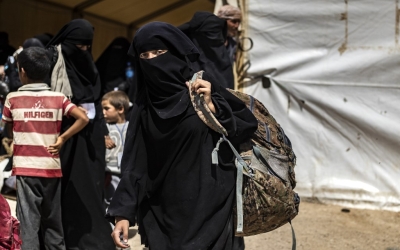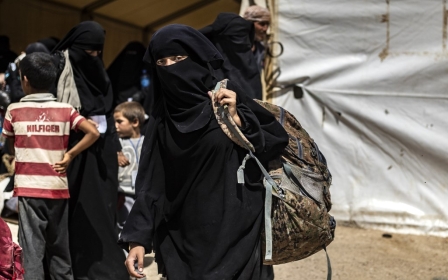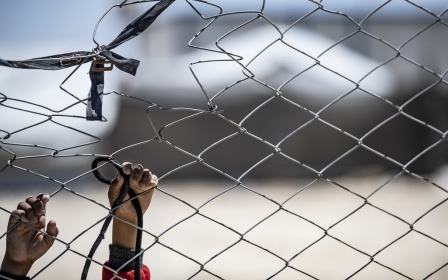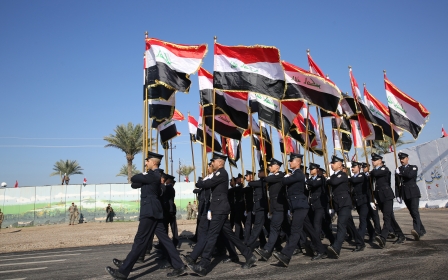UN expert urges France to repatriate Islamic State suspects sentenced to death in Iraq
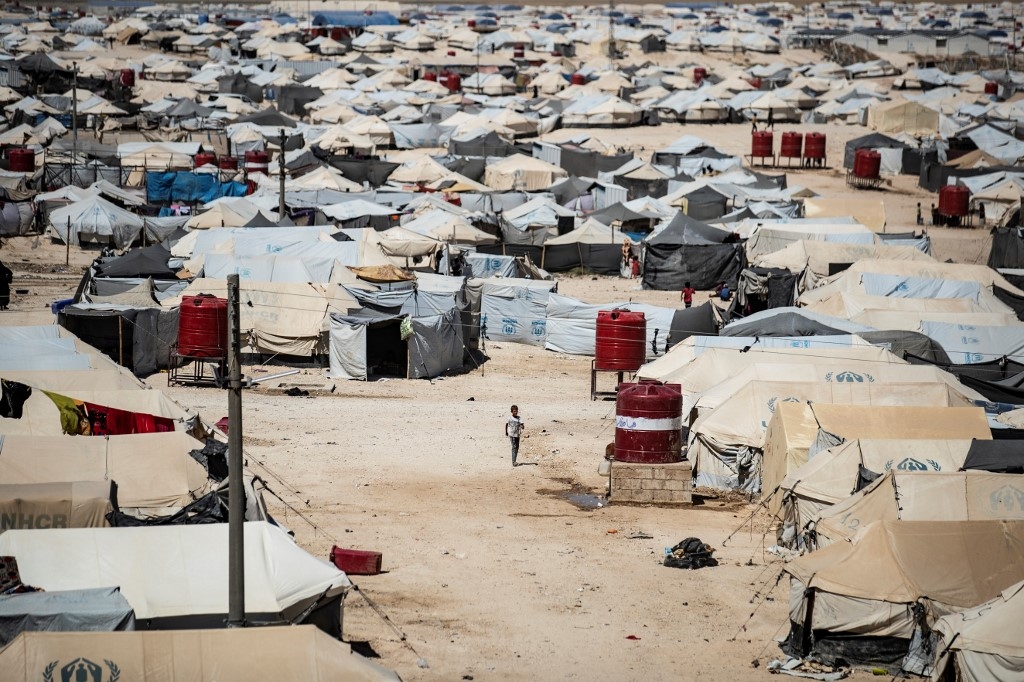
A United Nations expert on extrajudicial executions has called on France to repatriate seven citizens who were sentenced to death in Iraq for their alleged involvement with the Islamic State (IS) group.
In a statement on Monday, Agnes Callamard, the UN special rapporteur on extrajudicial, summary or arbitrary executions, said the men were sentenced to death after "unfair trials" in Iraq, AFP reported.
"There are serious allegations that the sentences were handed down following unfair trials, with the accused having no adequate legal representation or effective consular assistance," Callamard said in her letter, as reported by the news agency.
She also described the Iraqi justice system as being "marred by very serious structural problems".
France is among several European countries that have been under pressure to take back citizens who joined IS, which previously controlled large swathes of territory in Iraq and Syria.
The seven French citizens sentenced to death were arrested by the US-backed Syrian Democratic Forces (SDF) in Syria and then transferred to Iraq earlier this year, Callamard said.
She named the men as Fodil Tahar Aouidate, Mourad Delhomme, Karam El Harchaoui, Bilel Kabaoui, Leonard Lopez, Brahim Nejara and Vianney Ouraghi, AFP said.
In her letter, the UN expert raised concerns about reports that France was involved in their transfer to Iraq.
"I am particularly disturbed by allegations that France may have had a role in this transfer, given the risk involved of torture and unfair trials and that they would likely face the death penalty," Callamard said in the letter.
The French foreign ministry said the allegations "are not sustained, are pure speculation and are hers only", Reuters reported.
The ministry also said Callamard had not checked with French authorities as required.
That was rejected by the UN expert, however, who tweeted on Monday that she had followed the necessary protocol by releasing a public statement 48 hours after she sent an official communication.
"I regret that the French authorities have chosen the method preferred by certain states that do not have [France's] traditions and democratic governance, or its history; and that is to attack the working methods rather than the content of the message," she also wrote.
Callamard has written to French Prime Minister Edouard Philippe expressing her concerns, AFP said.
French newspaper Le Monde also reported that she gave the government two months to respond.
Debate rages
The SDF transferred at least 280 suspected IS members to Iraq in late February, Reuters reported at the time.
While most of the suspects were Iraqi nationals, some were foreign citizens - making them among "the first known transfers of non-Iraqi detainees to Iraq", the news agency said.
As many as 14 French nationals were among those detainees, Reuters reported.
'I am particularly disturbed by allegations that France may have had a role in this transfer, given the risk involved of torture and unfair trials and that they would likely face the death penalty'
- Agnes Callamard, UN expert
In May, Human Rights Watch accused the French government of "outsourcing" the trials of IS suspects to countries without due process.
"France and other countries should not be outsourcing management of their terrorism suspects to abusive justice systems," said Lama Fakih, the group's acting Middle East director, in a statement at the time.
"These countries should not be sitting idly by while their citizens are transferred to a country where their right to a fair trial and protection from torture are undermined."
HRW also said that two French citizens tried in Iraq testified to being tortured or coerced into confessing to being affiliated with IS.
For its part, the French government said in late May that it would "take the necessary steps" to prevent the executions of its citizens in Iraq, while also reaffirming its disapproval of the death penalty more generally.
It added, however, that France "respects the sovereignty of Iraq's institutions" and that IS members "had to answer for their crimes".
In June, dozens of French lawyers signed an open letter calling on Paris to intervene to stop the executions, saying it would bring "immense shame" for France should the death sentences be carried out in Iraq.
Tens of thousands of people - mostly family members of suspected IS members - have lived in cramped camps in northern Syria since the militant group fell, with many calling on their countries of origin to take them back.
A debate over the fate of children born to suspected IS fighters and their spouses has also raged internationally.
But most countries have resisted the calls to take back their citizens.
The Times newspaper reported on Monday that the British government has decided not to repatriate the children of IS members with UK citizenship.
It would not be safe to dispatch military or civilian personnel to rescue the children from camps in northern Syria, the government said, according to the newspaper.
Middle East Eye delivers independent and unrivalled coverage and analysis of the Middle East, North Africa and beyond. To learn more about republishing this content and the associated fees, please fill out this form. More about MEE can be found here.


